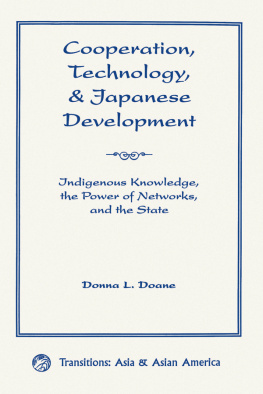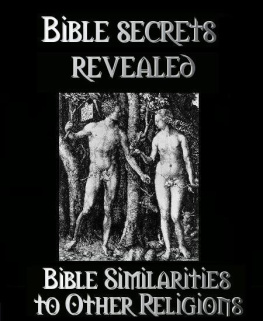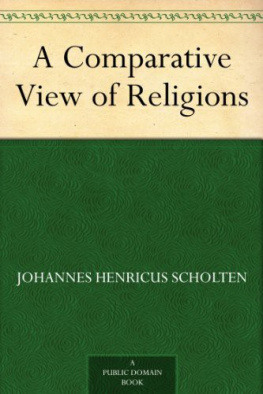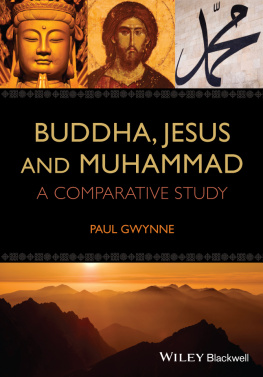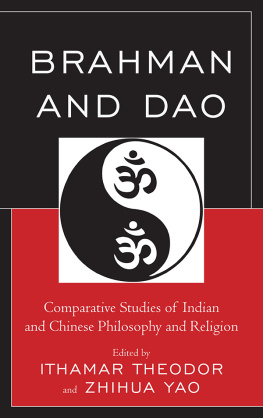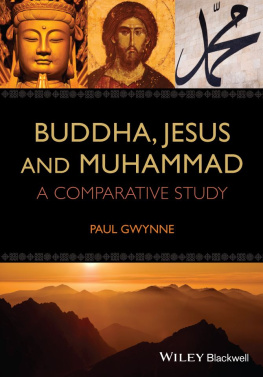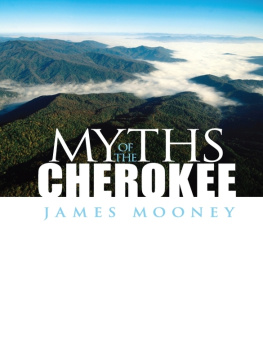T. W. Doane - Comparative Study of the Bible Myths and their Parallels in other Religions
Here you can read online T. W. Doane - Comparative Study of the Bible Myths and their Parallels in other Religions full text of the book (entire story) in english for free. Download pdf and epub, get meaning, cover and reviews about this ebook. year: 2019, publisher: Pantianos Classics, genre: Religion. Description of the work, (preface) as well as reviews are available. Best literature library LitArk.com created for fans of good reading and offers a wide selection of genres:
Romance novel
Science fiction
Adventure
Detective
Science
History
Home and family
Prose
Art
Politics
Computer
Non-fiction
Religion
Business
Children
Humor
Choose a favorite category and find really read worthwhile books. Enjoy immersion in the world of imagination, feel the emotions of the characters or learn something new for yourself, make an fascinating discovery.

Comparative Study of the Bible Myths and their Parallels in other Religions: summary, description and annotation
We offer to read an annotation, description, summary or preface (depends on what the author of the book "Comparative Study of the Bible Myths and their Parallels in other Religions" wrote himself). If you haven't found the necessary information about the book — write in the comments, we will try to find it.
T. W. Doane: author's other books
Who wrote Comparative Study of the Bible Myths and their Parallels in other Religions? Find out the surname, the name of the author of the book and a list of all author's works by series.
Comparative Study of the Bible Myths and their Parallels in other Religions — read online for free the complete book (whole text) full work
Below is the text of the book, divided by pages. System saving the place of the last page read, allows you to conveniently read the book "Comparative Study of the Bible Myths and their Parallels in other Religions" online for free, without having to search again every time where you left off. Put a bookmark, and you can go to the page where you finished reading at any time.
Font size:
Interval:
Bookmark:


| Abbot (Lyman). | A Dictionary of Religious Knowledge, for Popular and Professional Use; comprising full information on Biblical, Theological, and Ecclesiastical Subjects. Edited by Rev. Lyman Abbott, assisted by Rev. T. J. Conant, D. D. New York: Harper & Bros., 1880. |
| Acosta (Rev. Joseph De). | The Natural and Moral History of the Indies, by Father Joseph De Acosta. Translated by Edward Grimston. London: 1604. |
| schylus. | The Poems of schylus. Translated by the Rev. R. Potter, M. A. New York: Harper & Bros., 1836. |
| Allen (Rev. D. O.). | India, Ancient and Modern, by David O. Allen, D. D., Missionary of the American Board for twenty-five years in India. London: Trbner & Co., 1856. |
| Amberly (Viscount). | An Analysis of Religious Belief, by Viscount Amberly, from the late London Edition. New York: D. M. Bennett, 1879. |
| Asiatic Researches. | Asiatic Researches, or Transactions of the Society instituted in Bengal, for inquiring in the History and Antiquities, the Arts, Sciences, and Literature of Asia. London: J. Swain, 1801. |
| Baring-Gould (Rev. S.). | Curious Myths of the Middle Ages, by Rev. S. Baring-Gould, M. A. Boston: Roberts Bros., 1880. |
| . | Legends of the Patriarchs and Prophets, and other Old Testament Characters, from various sources, by Rev. S. Baring-Gould, M. A. New York: Holt & Williams, 1872. |
| . | The Origin and Development of Religious Belief, by S. Baring-Gould, M. A., in 2 vols. New York: D. Appleton & Co., 1870. |
| Barnabas. | The General Epistle of Barnabas, a companion and fellow-preacher with Paul. |
| Barnes (Albert). | Notes, Explanatory and Practical, on the Gospels, by Rev. Albert Barnes, in 2 vols. New York: Harper & Bros., 1860. |
| Beal (Samuel). | The Romantic Legend of Skya Buddha, from the Chinese Sanscrit (being a translation of the Fo-pen-hing), by Samuel Beal. London: Trbner & Co., 1875. |
Font size:
Interval:
Bookmark:
Similar books «Comparative Study of the Bible Myths and their Parallels in other Religions»
Look at similar books to Comparative Study of the Bible Myths and their Parallels in other Religions. We have selected literature similar in name and meaning in the hope of providing readers with more options to find new, interesting, not yet read works.
Discussion, reviews of the book Comparative Study of the Bible Myths and their Parallels in other Religions and just readers' own opinions. Leave your comments, write what you think about the work, its meaning or the main characters. Specify what exactly you liked and what you didn't like, and why you think so.

